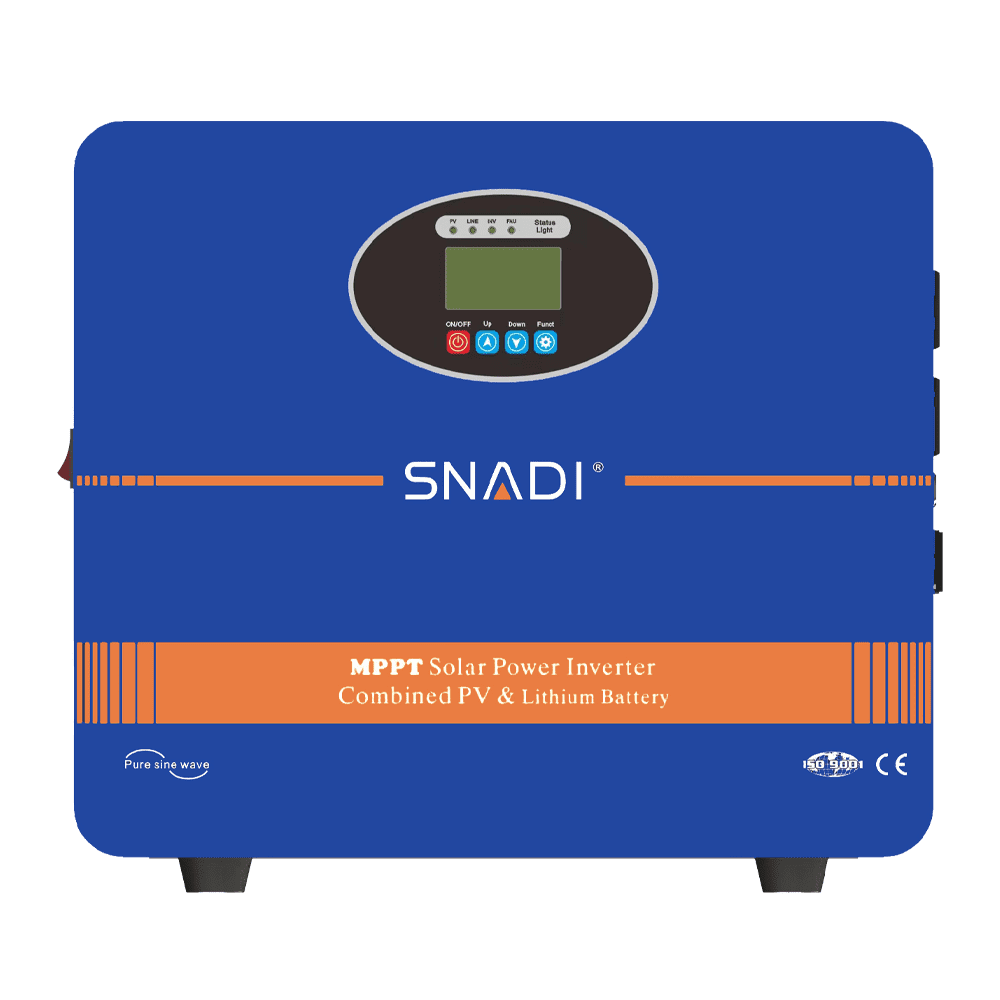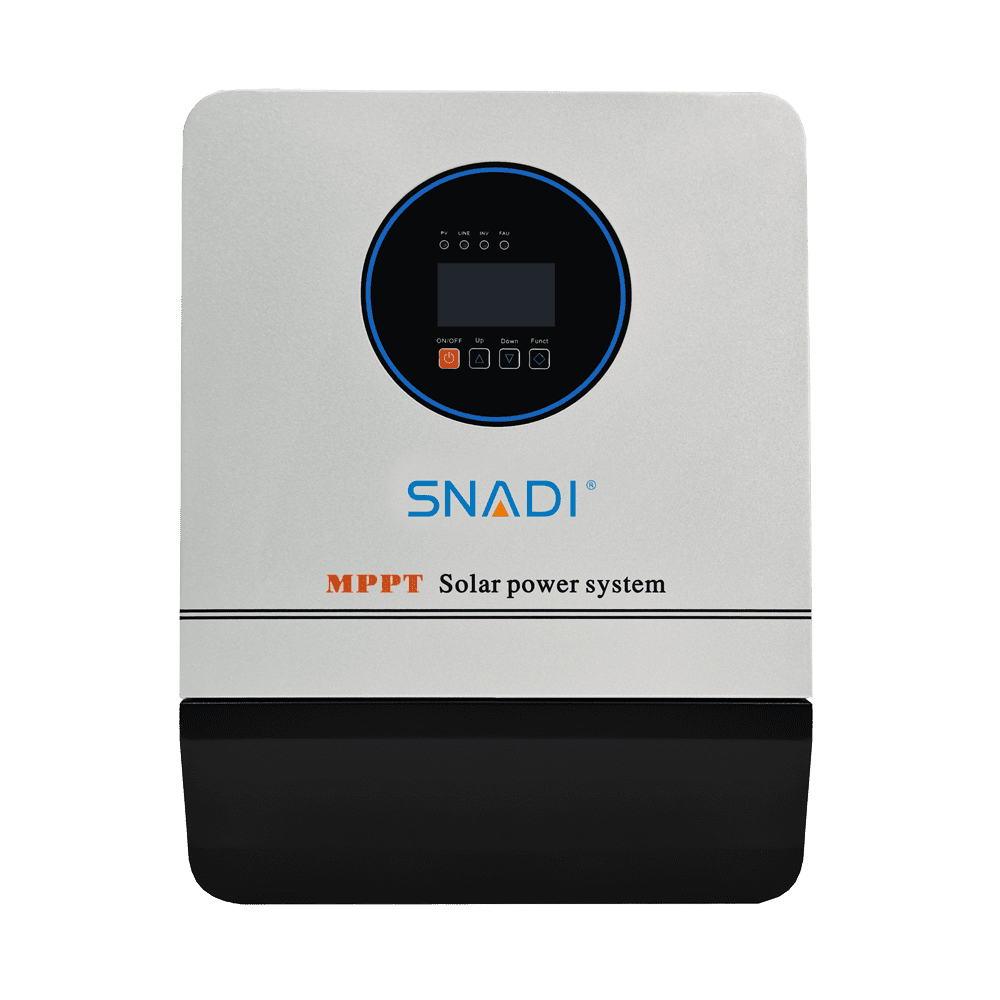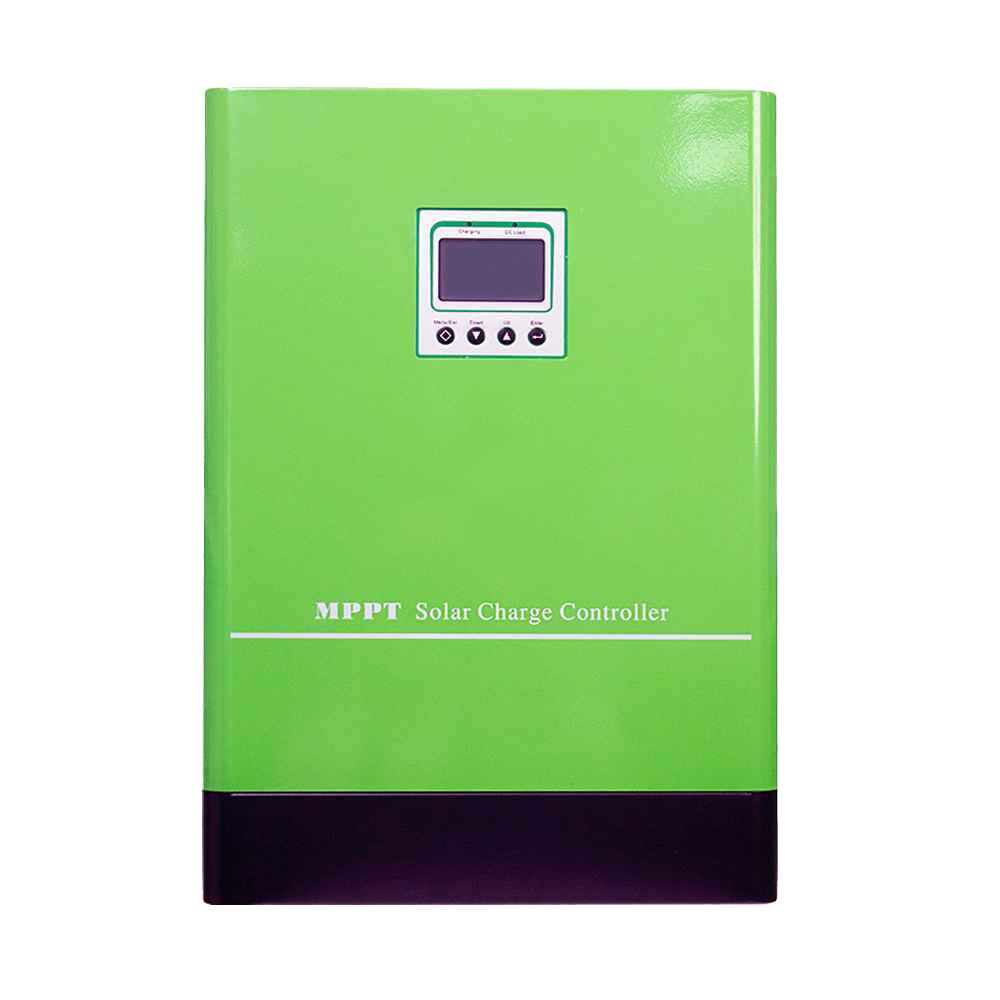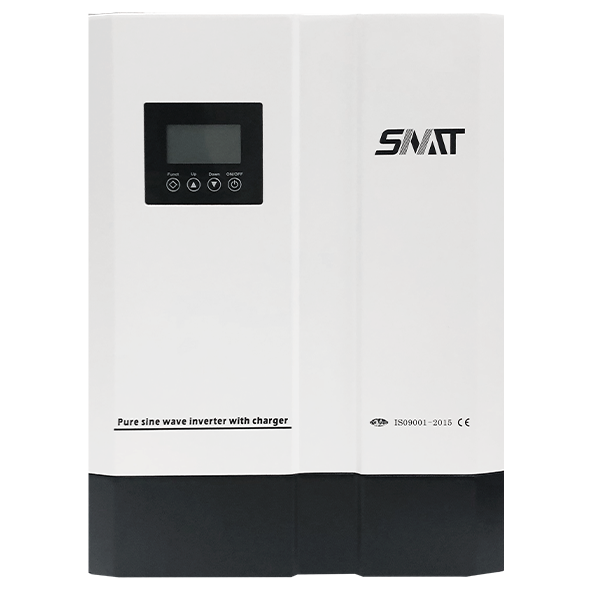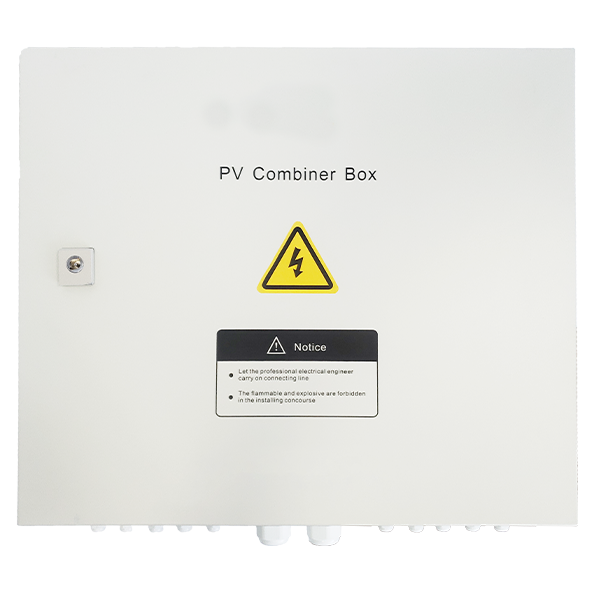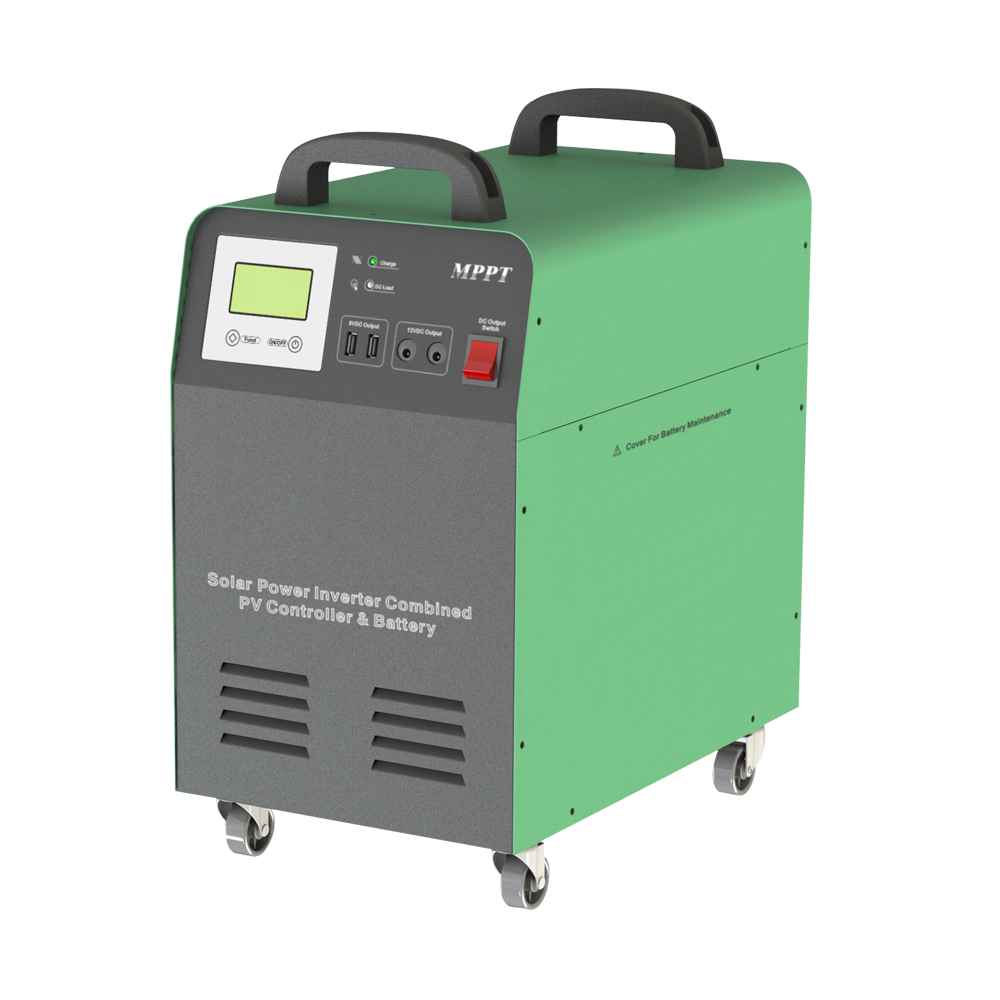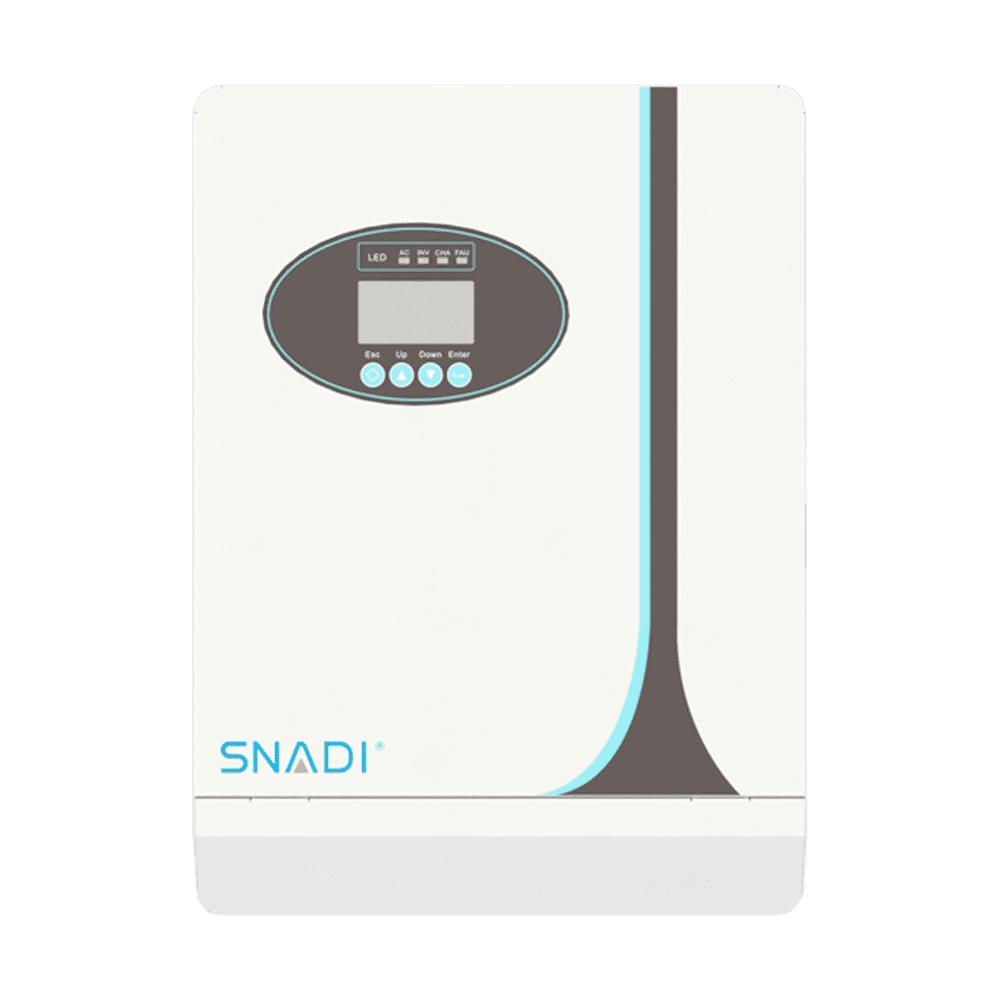As the world increasingly turns towards renewable energy sources like solar power, the efficiency of solar energy systems becomes a crucial consideration. The charge controller, especially the MPPT (Maximum Power Point Tracking) solar charge controller, is an important component in any solar power system. In this article, we delve into what exactly an MPPT solar charge controller is, how it works, and why it's a vital tool in maximizing the efficiency of solar energy systems.
What Is An MPPT Solar Charge Controller?
An MPPT solar charge controller is a complex electronic device that optimizes solar panel efficiency by continually altering the operating point to get the most power from the array. Unlike traditional charge controllers, which operate at a fixed voltage, MPPT controllers employ advanced algorithms to track the maximum power point (MPP) of the solar panels in real time.
How Does MPPT Work?
MPPT controllers work by continuously monitoring the output of the solar panels and adjusting the voltage and current to ensure that the panels operate at their peak power point. This is accomplished by altering the electrical load observed by the panels, hence maximizing power output under changing environmental variables like solar intensity, temperature, and shade.
Key Components and Features
MPPT solar charge controllers typically consist of several key components, including a microcontroller, DC-DC converter, voltage and current sensors, and a maximum power point tracking algorithm. These controllers come with various features such as temperature compensation, data logging, and remote monitoring capabilities, allowing users to optimize and monitor their solar power systems with ease.
Microcontroller: The brain of the MPPT controller, the microcontroller processes data from sensors and implements the MPPT algorithm to optimize the solar panel operation.
DC-DC Converter: This component adjusts the voltage and current to match the requirements of the battery bank or load, ensuring maximum power transfer.
Voltage and Current Sensors: These sensors provide real-time measurements of voltage and current from the solar panels, allowing the controller to accurately track the maximum power point.
Maximum Power Point Tracking Algorithm: The heart of the MPPT controller, this algorithm constantly adjusts the operating point of the solar panels to maximize power output under varying conditions.
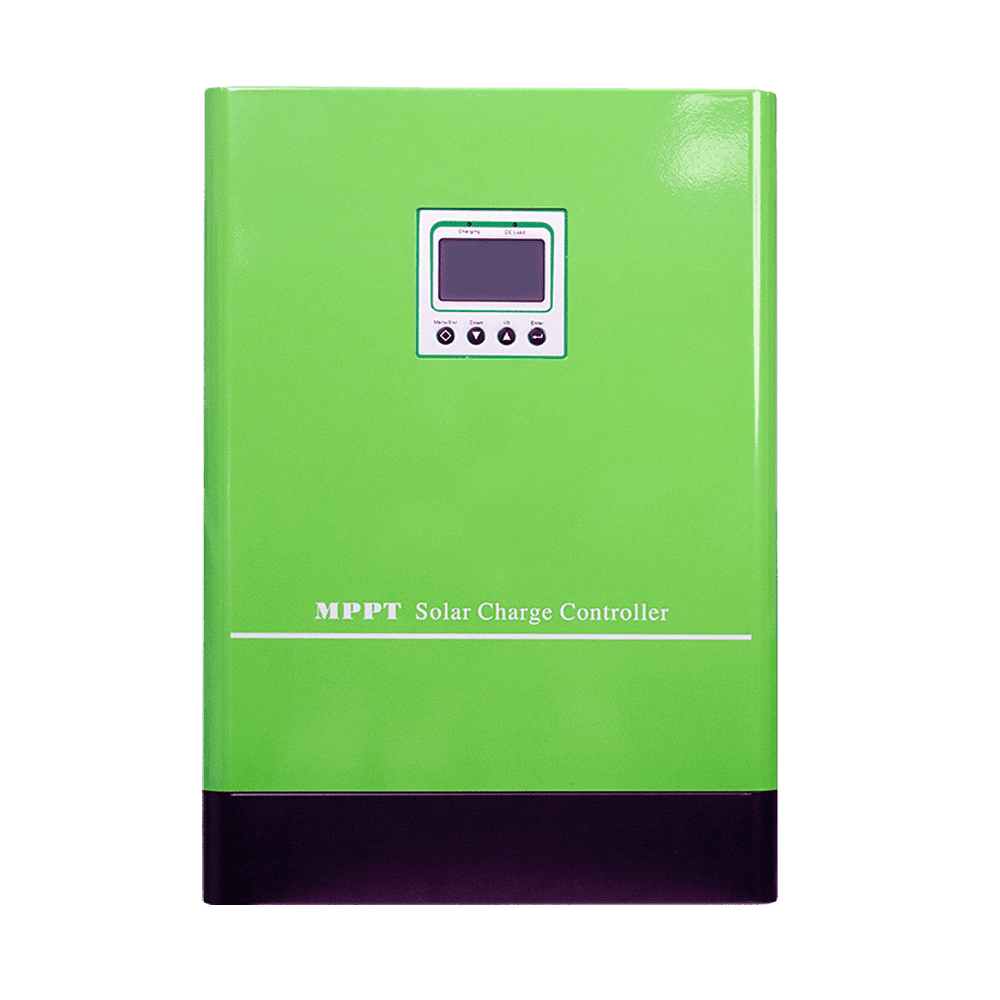
Benefits Of MPPT Solar Charge Controllers
Here are the key benefits of MPPT solar charge controllers:
Increased Energy Harvesting Efficiency
MPPT solar charge controllers excel at maximizing the power output of solar panels by dynamically adjusting the operating point to match the changing environmental conditions. MPPT controllers guarantee that the panels run at full efficiency by continually tracking the solar array's maximum power point (MPP), even in scenarios with varying sunshine intensity, temperature fluctuations, or partial shade. This optimization leads to higher energy yields compared to traditional charge controllers, resulting in increased electricity production and improved overall system performance.
Enhanced System Flexibility
MPPT controllers offer greater flexibility in system design and configuration, allowing for optimal utilization of available solar resources. These controllers can handle a wide range of solar panel types and configurations, including monocrystalline and polycrystalline modules, as well as variable panel orientations and array sizes. This flexibility makes MPPT controllers suitable for a wide range of applications, from small residential setups to large-scale commercial and industrial solar installations, providing users with more options to customize their systems according to their specific needs and requirements.
Improved Performance In Partial Shading
One of the significant advantages of MPPT solar charge controllers is their ability to mitigate the effects of partial shading on solar panel performance. In traditional solar power systems, shading on even a small portion of the panel can significantly reduce the overall energy output of the entire array. However, MPPT controllers may specifically optimize each panel's output, ensuring that shaded or partially shaded panels do not degrade overall system performance. This capacity is especially useful in locations where shade from trees, buildings, or other impediments is common, allowing for continuous energy output throughout the day.
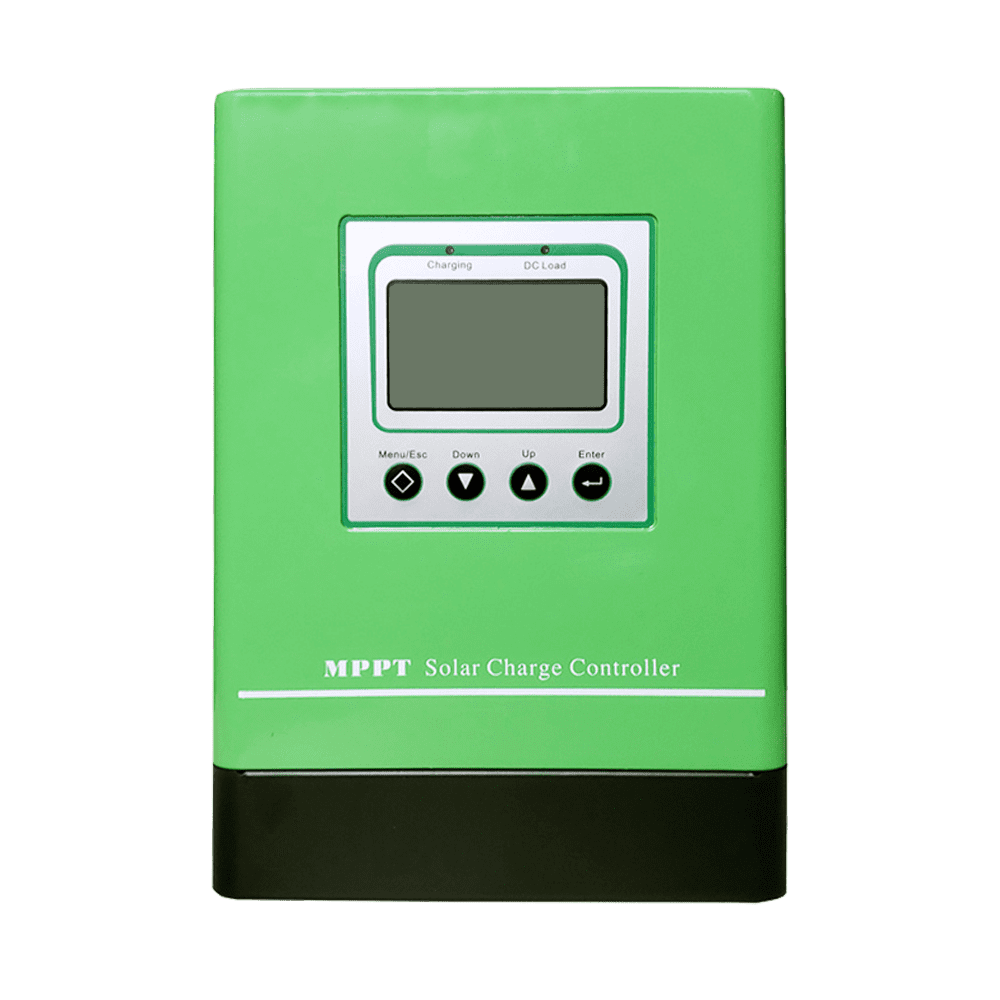
Solar Charge Controller Inverter
Battery Protection and Longevity
MPPT solar charge controllers have advanced capabilities that safeguard the batteries from overcharging, deep draining, and other potentially hazardous circumstances. These controllers use advanced charging algorithms to guarantee that the batteries are properly charged without causing damage or premature aging. By maintaining the batteries within their recommended voltage and current limits, MPPT controllers help extend the lifespan of the batteries, thus reducing the need for frequent replacements and lowering overall system maintenance costs. Additionally, the battery protection mechanisms offered by MPPT controllers enhance the reliability and safety of the entire solar power system, providing users with peace of mind and uninterrupted operation.
Conclusion
In conclusion, MPPT solar charge controllers play a crucial role in maximizing the efficiency and performance of solar energy systems. As a leading solar equipment supplier, SNADI is devoted to offering different solar equipment including MPPT solar charge controllers. If you are interested in it, browse our website for more product details!

